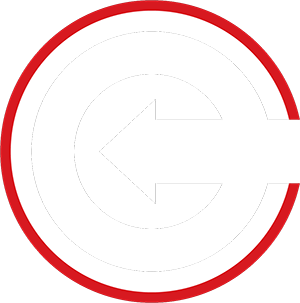 Risk Central
Risk Central
White papers, service directory and conferences for the R&I community.
White papers, service directory and conferences for the R&I community.
Susannah Levine writes about health care, education and technology. She can be reached at [email protected].
